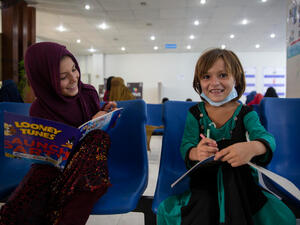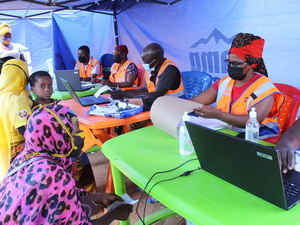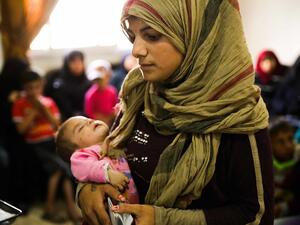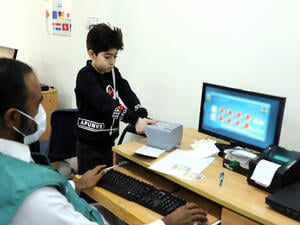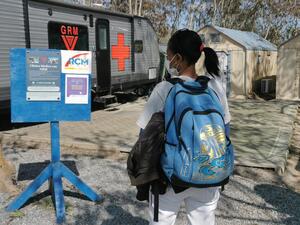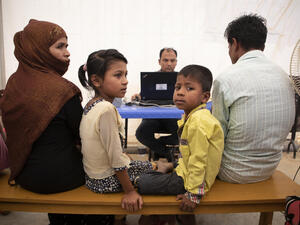2,000 government workers set to begin census of Afghans in Pakistan
2,000 government workers set to begin census of Afghans in Pakistan
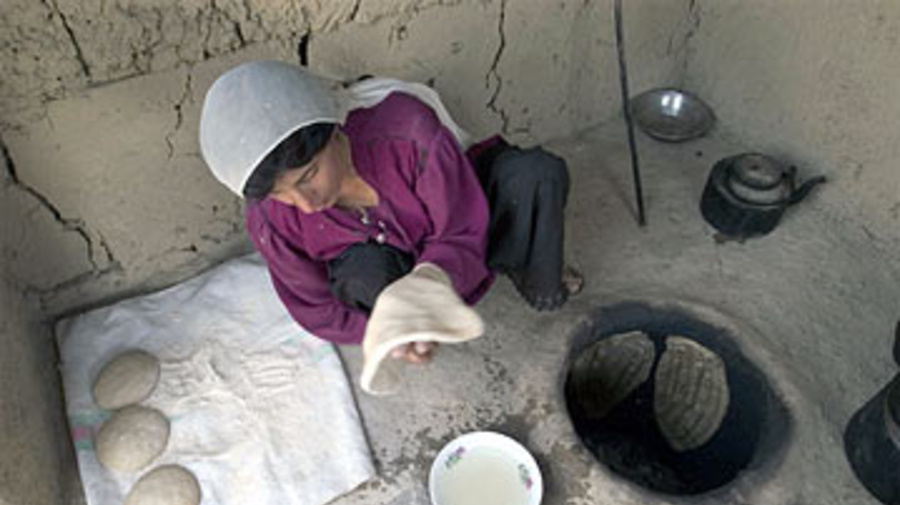
Some refugees returning to rural Kabul in Afghanistan, like this woman, came back to find their homes relatively intact.
ISLAMABAD, Feb. 22 (UNHCR) - A two-week long nationwide census of Afghans living in Pakistan is due to start Wednesday in a bid to provide the first comprehensive picture of the Afghans who arrived in Pakistan in several waves since their country was engulfed in civil conflict a quarter of a century ago.
Some 2,000 government employees, in teams comprising one man and one woman, will record all Afghans who arrived in Pakistan since Dec. 1, 1979. The registration exercise will start in Peshawar and will spread to other areas over the following days.
In addition to providing a more accurate idea of the number of Afghans in the country, the census will record vital information such as date of arrival, place of origin in Afghanistan and current residence in Pakistan. It will also ask about repatriation intentions.
Pre-census estimates put the Afghan population in Pakistan at 1.2 million in the camps, plus an unknown number living in urban areas.
In the Islamic Republic of Iran, where there are currently 960,000 Afghan refugees, verification exercises to count refugees were carried out in 2001 and 2003. Around 3.5 million Afghans have returned to their home country since UNHCR began a voluntary repatriation programme in the spring of 2002, following the fall of the Taliban the previous year.
A high-level meeting in Brussels last week, involving Afghanistan, Pakistan and Iran as well as major donor governments and financial and development institutions, resulted in a clear indication of support for continued humanitarian operations in the region, including the voluntary repatriation programme.
The meeting, which was jointly hosted by UNHCR and the European Commission, also indicated support for the integration of Afghans remaining in the neighbouring countries who do not wish to return to Afghanistan.
Iran and Pakistan - which have between them hosted millions of Afghans since the Soviet invasion in 1979 - recognize that a number of Afghans would have genuine difficulties returning to their country of origin.
Discussions about the future of Afghans abroad will continue at another high-level meeting in New York later in the year.


